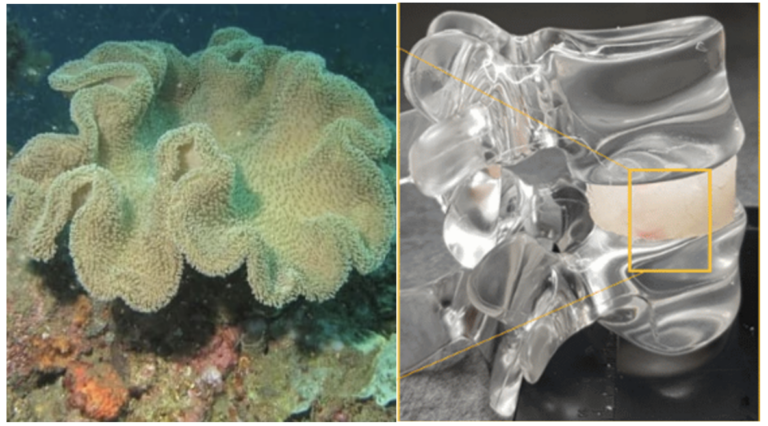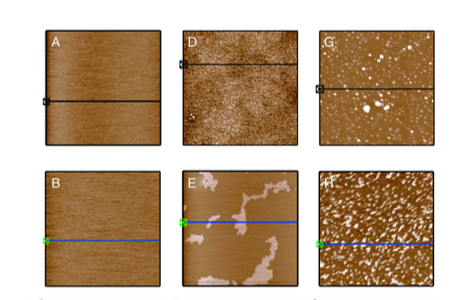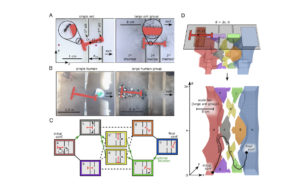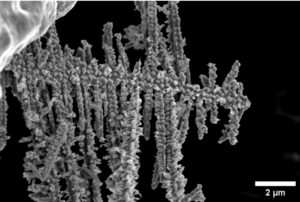Immunothérapie et mélanome : Sheba (Israël) annonce des résultats spectaculaires à l'ASCO 2015

[:fr]Alors que s’ouvre ce lundi à Paris le symposium international WIN sur la médecine personnalisée du cancer qui accueille des chercheurs et oncologues du monde entier, notamment d’Israël (centre médical Sheba, Université Ben Gourion du Néguev, Hadassah…), Israël Science Info met les projecteurs sur l’annonce que le Pr Jacob Schachter a faite au cours de l’ASCO 2015, grand rassemblement mondial de l’oncologie qui réunit 25 000 médecins à Chicago tous les ans.
Avec plus de 1500 décès par an le mélanome fait partie des cancers de mauvais pronostic. Deux études internationales de grande envergure, présentées à l’ASCO et à laquelle ont participé la France et le centre médical Sheba (Israël), ont montré le bénéfice majeur de l’association de deux traitements. Les résultats sont « exceptionnels », aux dires des chercheurs ayant participé à ces études.
« On peut estimer que nous sommes ici sur une nouvelle stratégie de lutte contre les mélanomes métastatiques« , s’enthousiasme le Pr Brigitte Dréno, Directrice de l’Unité Thérapie Cellulaire et Génique, CHU Nantes.
De tous les cancers de la peau le mélanome est le plus grave. Avec environ 11176 nouveaux cas estimés en France en 2012, dont 47 % survenant chez l’homme, cette tumeur cutanée se situe au onzième rang des cancers. Consécutif aux expositions solaires, le mélanome connaît la plus forte augmentation d’incidence parmi tous les cancers. Le nombre de décès annuels est estimé à 1672 ce qui en fait la 9ème cause de décès par cancer. Lorsque ce cancer est diagnostiqué précocement son pronostic est bon. D’où l’importance des campagnes de dépistage menées notamment en France par le syndicat des dermatologues. A partir du stade III (envahissement des ganglions/métastases en transit) le pronostic est plus sombre.
Ces deux études internationales publiées dans le prestigieux New England Journal of Medicine (voir références ci-dessous- montrent que l’association de deux molécules d’immunothérapie améliore significativement le pronostic des patients au stade métastatique (stade IV). Au total une trentaine de pays, dont la France et Israël, ont participé à ces essais. Près de 600 patients, tous arrivés au stade métastasique ont été inclus dans la première étude. La moitié a reçu le traitement classique à base de ZELBORAF (vemurafenib), une thérapie ciblée, destinée aux patients atteints de mélanome avec une mutation BRAF600, à raison de 960 mg 2 fois par jour, pendant 28 jours. L’autre moitié des patients a reçu en plus de l’anti BRAF, un anti-MEK à raison de 60 mg par jour (cobimetinib)…
Article complet dans le N° 18 version papier d’Israël Science Info
Cendrine Barruyer pour Israël Science Info.
Publications scientifiques dans nejm.org et nejm.org
En savoir plus :
Aux journalistes du point presse ASCO qui leurs demandaient ce qu’ils attendent de l’ASCO 2015, le Pr Agnès Buzyn (directrice de l’INCa France) et le Pr Peter Paul Yu (président de l’ASCO) ont répondu : «Indéniablement l’immunothérapie » .
Depuis les présentations de la preuve de concept de l’immunothérapie dans le mélanome en 2011 (ipilimumab, anti-CTL-A4), différentes pistes thérapeutiques – notamment les anti-PD-1 et anti-PD-L1 – ont été développées. Déjà, deux de ces médicaments ont été approuvés aux Etats-Unis : nivolumab (Bristol-Myers Squibb) et pembrolizumab (Merck&Co). D’autres sont en attente de résultats d’études : MPDL3280A (Genentech/Roche), MEDI4736 et MED10680 (Medimmune Inc), avelumab (Merck Serono), pidilizumab (CureTech)…
Et, désormais, l’immunothérapie est proposée dans d’autres types de cancers et parfois en association. « Ces médicaments agissent en levant les freins qui contrôlent la réponse immune naturelle. Ils sont donc particulièrement indiqués dans les tumeurs très immunogènes tels que certains cancers du poumon », explique le Pr François Sigaux (hématologie, CHU Saint Louis, Paris) directeur du pôle recherche et innovation de l’INCa.
Source : Medscape France[:en]Clinical trials of a new drug cocktail have been shown to cure 58 percent of terminally-ill patients by shrinking cancerous tumors or eliminating them altogether. The scientific community is hailing this discovery as a major breakthrough in cancer research.
The new cocktail is a form of immunotherapy, a relatively new class of drugs that harness the body’s immune system to extinguish fatal tumors. Israeli researcher Prof. Jacob Schachter, who took part in the development of the drug and in the recent clinical trials, told Israel’s Channel 10 that the newfound drug cocktail could serve as the basis of treatment for many types of cancer, potentially replacing chemotherapy. “It’s an explosion,” he said.
In one of the trials, over half of the terminally ill patients saw their tumors shrink or disappear completely .
The worldwide clinical trial involved 945 patients, suffering from advanced (or metastatic) melanoma, which causes 55,000 deaths annually and is considered the deadliest type of skin cancer, according to the World Health Organization. Since melanoma is typically treated by chemotherapy, radiations and/or surgery, this cocktail gives new hope to thousands of families.
“Significantly more effective”
According to the American Society of Clinical Oncology (ASCO), to whom Schachter and his colleagues from around the globe presented their findings this week, for patients with previously untreated advanced melanoma, the combination of immunotherapy drugs nivolumab and ipilimumab were “significantly more effective at delaying cancer progression than ipilimumab alone.”
The two drugs were previously used separately, but the groundbreaking study shows that combining them leads to much better results. This study “provides a powerful new immunotherapy option for patients with melanoma,” according to the ASCO. The study, led by Dr. James Larkin of UK’s Royal Marsden Hospital, was recently published in the New England Journal of Medicine.
Schachter, head of the Ella Institute at Israel’s Sheba Medical Center, told Channel 10 that the side effects of this new drug are fewer than those of chemotherapy. It’s important to note, however, that the new drug is still experimental at this stage, and is not available on the market.
The melanoma findings were among several cancer studies presented this week at ASCO’s annual meeting in Chicago. “These advances are expected to immediately influence oncology practice, leading to improved survival and quality of life for patients,” ASCO said in a statement.
Source nocamels[:]







